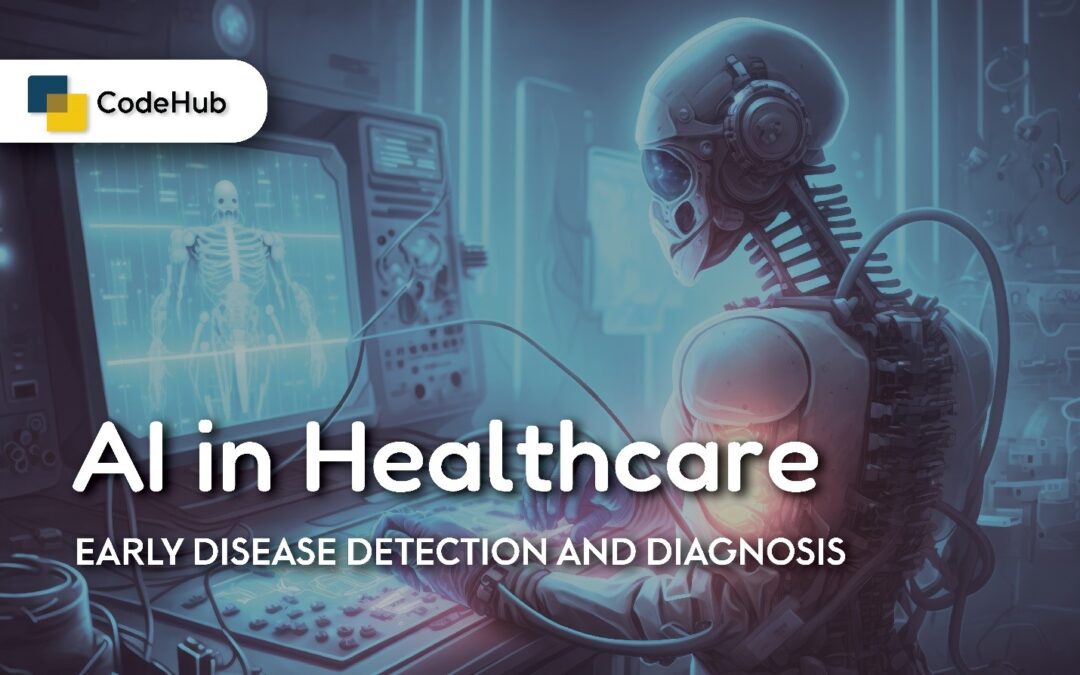Artificial Intelligence (AI) is revolutionizing healthcare by significantly improving early disease detection and diagnosis. Leveraging advanced algorithms and machine learning, AI systems can analyze vast amounts of medical data quickly and accurately, enabling healthcare providers to identify diseases at their earliest stages.
One of the most notable applications of AI in healthcare is its use in medical imaging. AI-powered tools can examine X-rays, MRIs, and CT scans to detect anomalies that might be missed by the human eye. For instance, AI systems are increasingly used to identify early signs of cancers, such as breast and lung cancer, with high precision. These tools analyze patterns and compare them against extensive databases of medical images, offering insights that aid radiologists in making accurate diagnoses.
Additionally, AI-driven predictive analytics can assess patient data, including genetic information and lifestyle factors, to forecast potential health issues before they manifest. This proactive approach allows for personalized treatment plans and preventive measures, enhancing patient outcomes and reducing healthcare costs.
While AI in healthcare promises tremendous benefits, it also presents challenges, including data privacy concerns and the need for continuous validation. Nevertheless, as technology evolves, AI is set to play a crucial role in advancing early disease detection and diagnosis, transforming the future of healthcare.

